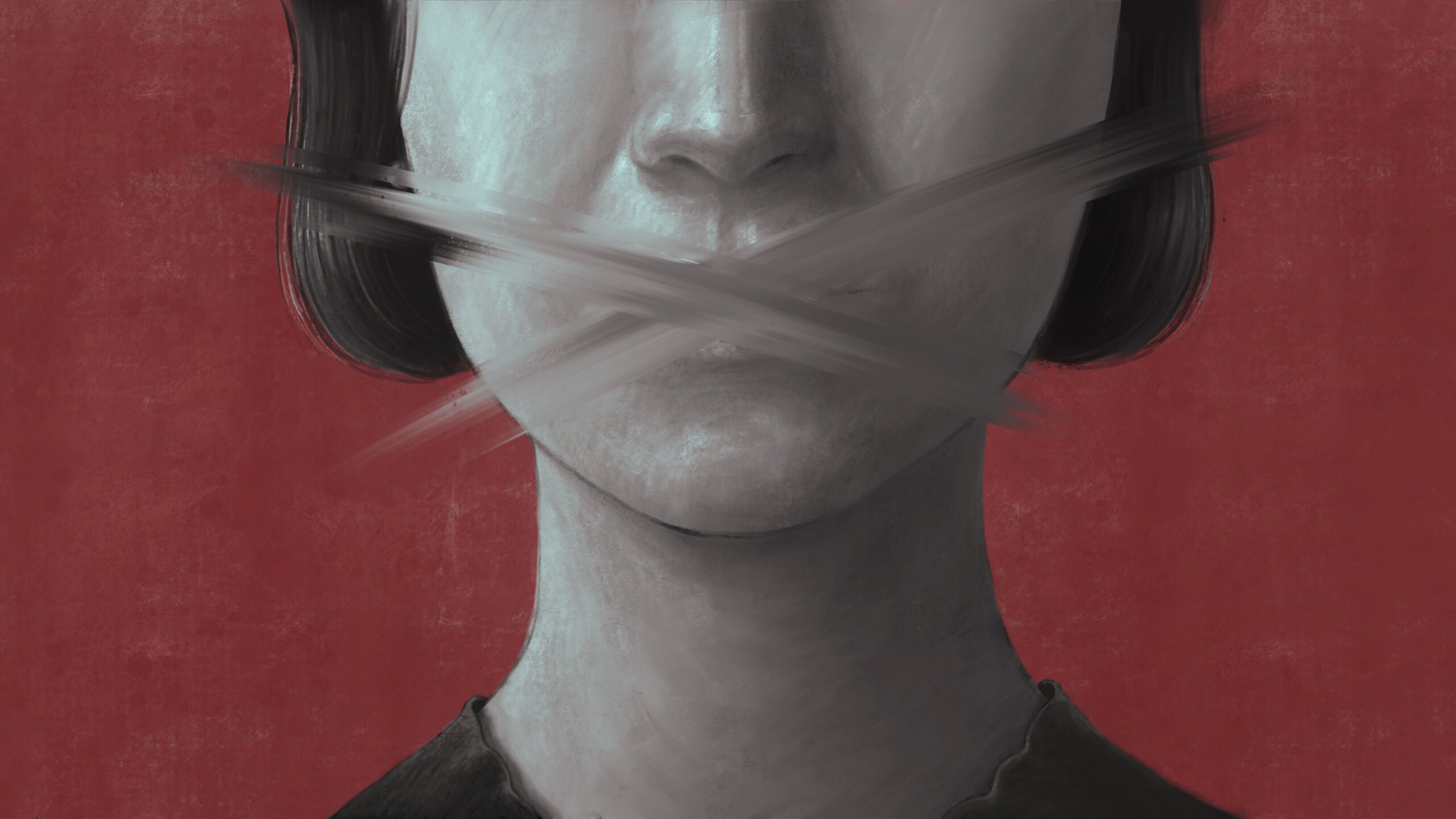The emergence of allegations of sexual misconduct, stalking, and rape from current and former – and mainly junior – staff at the Confederation of British Industry (CBI) are striking.
This is both in the specifics of the cases and in the ways that they illustrate how less powerful staff can be effectively silenced when organisations fail to address toxic cultures that facilitate sexual misconduct.
In one sense, universities are in a different place from the CBI, with nearly a decade of serious sector-wide work on tackling sexual misconduct and violence. But what we saw at the CBI was partly the effect of a toxic power imbalance tolerated by a wider culture of strict hierarchy.
In university processes for addressing sexual misconduct, there is often a power imbalance between those agitating for the issue to be addressed and those responsible for creating and implementing policies designed to address it.


